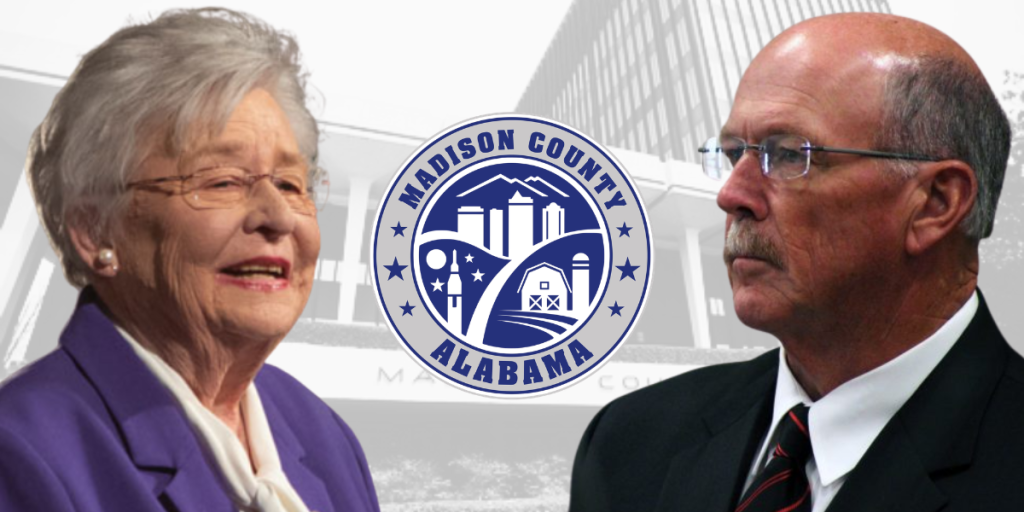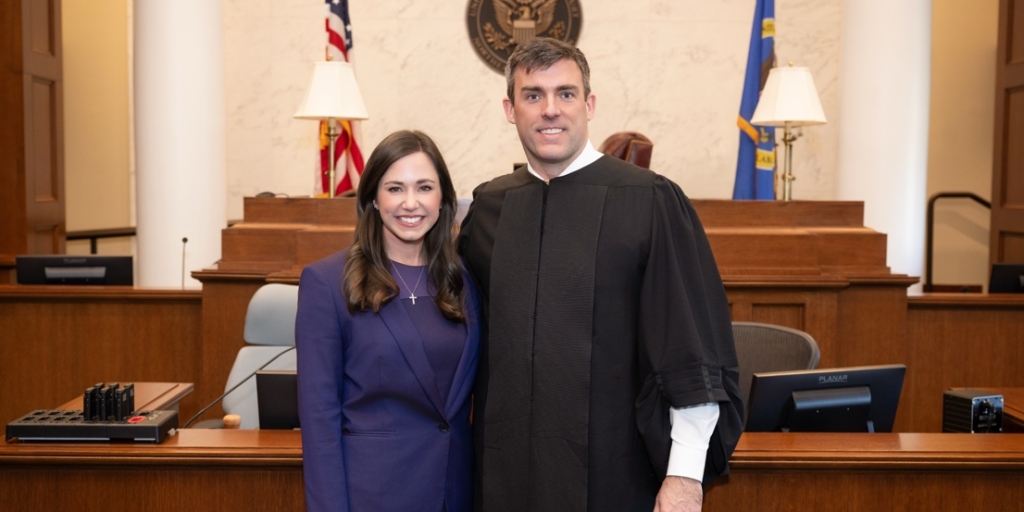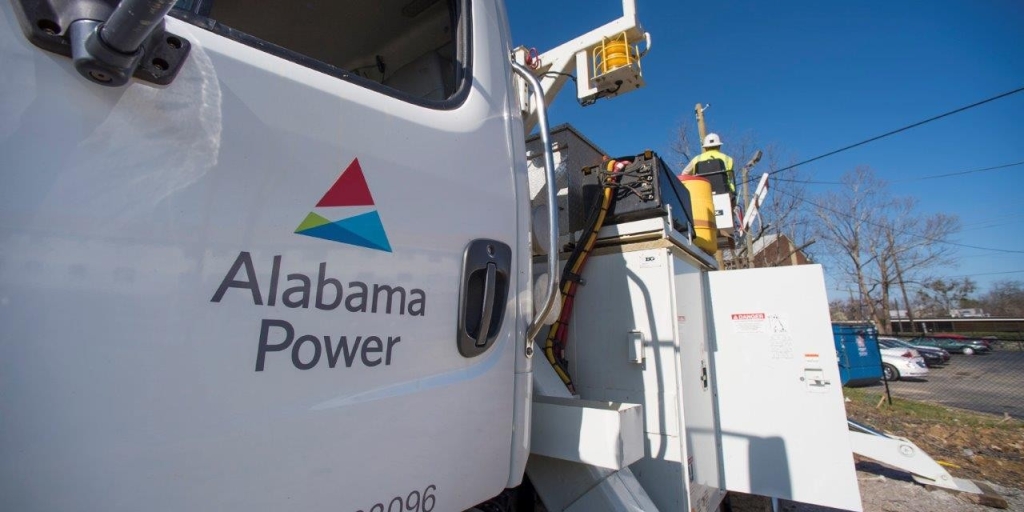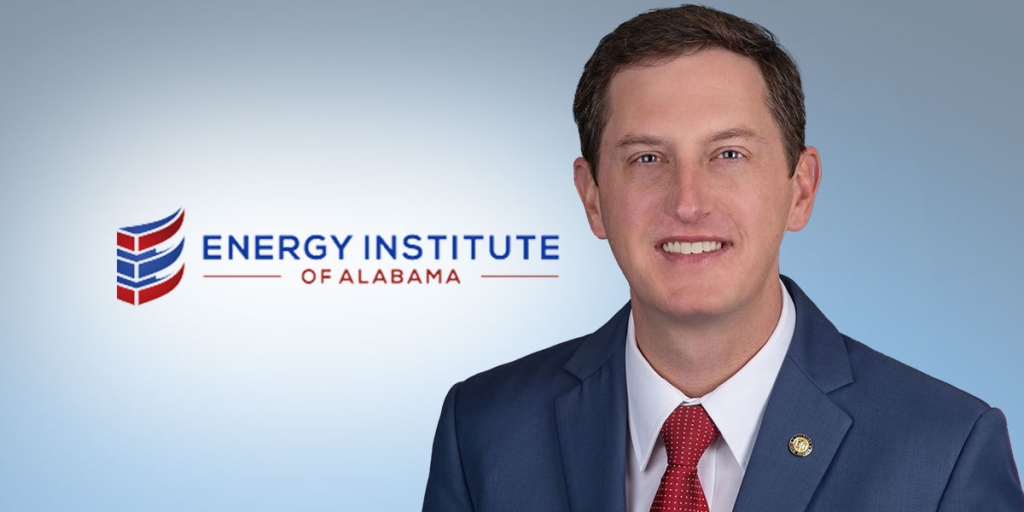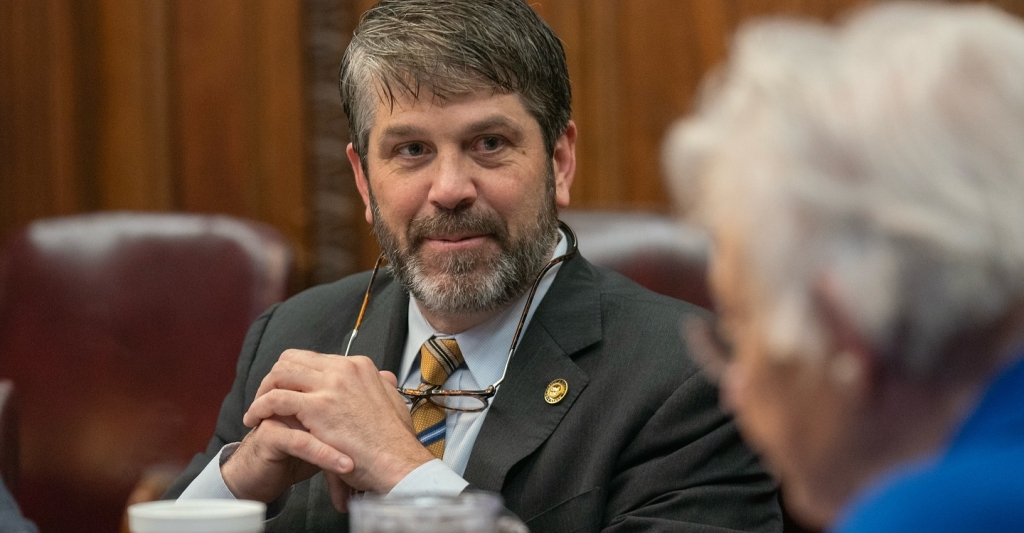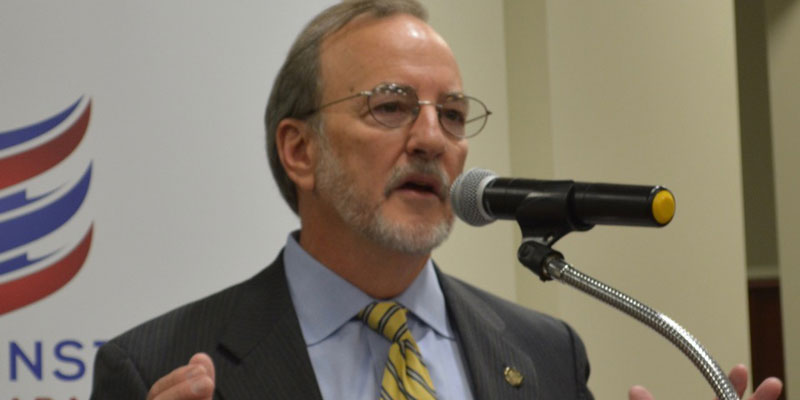
My colleagues and I in the Alabama Legislature know we do not work in a vacuum. We do not dream up laws out of the blue. I am a citizen-legislator, like my fellow Representatives in the House and our co-workers in the Senate. If I didn’t place more importance on the “citizen” portion, then I never would have sought elected office. I work for the people in my district and for all the people in our great state.
To make the best decisions for my district, I stay in contact with my constituents to learn their concerns and to share my thoughts on how to make things better. To make the best decisions often means reaching out to experts. Many of us did this recently when I, as a member of the Southern State Energy Board, joined the Energy Institute of Alabama to host the first Energy Day in Montgomery.
Members of both the House and Senate joined stakeholders in the energy industry, including a group of United Mine Workers members, to listen and learn from a panel of experts from across a broad spectrum of the energy sector. A panel discussion covered topics from expected federal regulation changes to nuclear power to oil sands in Alabama to challenges facing our education system in training energy sector workers of the future.
Panelists were Tennessee Valley Authority President and CEO Bill Johnson, State Geologist and Oil and Gas Supervisor of Alabama Nick Tew, PowerSouth President and CEO Gary Smith, Alabama Power Executive Vice President of External Affairs Zeke Smith, Coalbed Methane Association Executive Director Dennis Lathem and ExxonMobil Mobile Bay Ops Manager Chris Golden.
Alabama is a strong player in the nation’s energy sector. We rank sixth in the United States in electricity generation, eighth in electricity generation via renewable resources thanks to our amazing hydroelectric capacity. Few Alabamians are aware that our energy industry ranks 16th nationally in total energy production and we rank 17th in the number of producing natural gas wells. Mobile is the third-largest coal exporting seaport in the U.S. Our energy industry has a $13.2 billion economic impact on Alabama, according to a study from the Energy Institute of Alabama and the Economic Development Partnership of Alabama.
The panelists at Energy Day agreed that the best regulations are those that come from regulators “on the ground,” that is, those who live and work closest to the regulated industry and who understand the consumers and businesses that must deal with the regulations. While federal regulation is necessary in some situations, the rules that work best are those that are put in place closest to home.
Alabama’s Legislature wants to ensure that regulations on businesses and consumers protect us and our environment without being burdensome. Thanks to cooperation between legislators, regulators, businesses and our citizens, we have been successful in encouraging economic growth at a fair cost.
As the TVA’s Bill Johnson said, “We have the lowest electricity rates in the nation and the highest customer satisfaction. So, the simple point is, what we do here is working; why change it?”
Randy Davis represents District 96 in the Alabama House, which includes portions of Baldwin and Mobile counties. He was first elected in 2002 and is currently chair of the Constitution Campaigns and Elections Committee and a member of the Agricultural and Forestry Committee, the House Rules Committee and the Insurance Committee. He is also chair of the Baldwin County Legislation Committee and a member of the Mobile County Legislation Committee.




